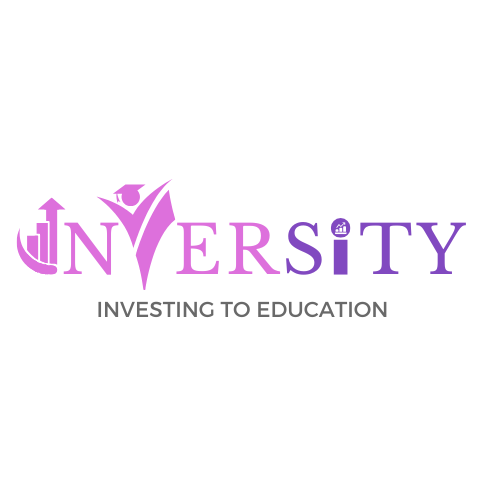Exams

Exams: A Comprehensive Evaluation of Knowledge and Skills
Exams are formal assessments used by educational institutions, professional bodies, and organizations to evaluate an individual’s knowledge, understanding, and ability to apply what has been learned. Whether for academic advancement, professional certification, or skill validation, exams serve as a standardized measure of a person’s capabilities. They can take various forms, including written tests, oral exams, practical assessments, or a combination of these, depending on the subject and level of study. Exams are not only crucial in determining academic performance but also in shaping future educational and career opportunities.
Exams are often seen as milestones that mark the culmination of a learning period, providing an opportunity for students and professionals to showcase their understanding and abilities. While they serve as an essential measure of academic or professional progress, exams also foster a sense of discipline, responsibility, and accountability. They encourage individuals to take ownership of their learning, sharpen their time-management skills, and push through challenges, all of which are valuable life skills. In addition, the feedback gained from exam performance can serve as a guide for future learning, allowing individuals to identify areas for improvement and focus on mastering concepts or skills that require more attention. Ultimately, exams not only play a critical role in evaluating knowledge but also contribute to the broader development of individuals, equipping them for success in both academic and professional endeavors.
Types of Exams
-
Written Exams:
Written exams are the most common form of assessment. These exams can include multiple-choice questions (MCQs), short-answer questions, essays, and problem-solving exercises. Written exams are used to assess both theoretical knowledge and practical application of the subject matter. -
Oral Exams:
In oral exams, candidates are required to verbally respond to questions posed by an examiner. These exams test the depth of understanding, critical thinking, and ability to articulate concepts clearly. Oral exams are often used in higher education for subjects like law, medicine, and humanities. -
Practical Exams:
Practical exams assess a candidate’s ability to apply knowledge in a real-world setting. Common in fields like medicine, engineering, and the arts, practical exams may involve performing a task or demonstration in a controlled environment to show competence. -
Online Exams:
With the rise of digital learning, online exams have become increasingly common. These exams can be conducted remotely and may involve a combination of question types. They are typically used in e-learning platforms, professional certifications, and distance education. -
Standardized Exams:
Standardized exams are designed to assess students’ knowledge and skills on a uniform scale, ensuring consistency across a large number of test-takers. Examples include SAT, GRE, GMAT, and IELTS, which are often required for college admissions, graduate studies, or international qualifications. -
Open-Book Exams:
Open-book exams allow students to refer to their notes, textbooks, or other study materials while answering questions. These exams are designed to assess the ability to apply knowledge rather than simply recall facts, emphasizing critical thinking and problem-solving skills. -
Formative and Summative Exams:
- Formative Exams: These are assessments conducted during the learning process, aimed at providing feedback to students and guiding further learning. Examples include quizzes, class tests, and homework assignments.
- Summative Exams: These are final assessments conducted at the end of a course or academic term, intended to evaluate a student’s overall performance and determine whether they have met the learning objectives of the program.
Conclusion
Exams are a fundamental part of education and professional development, serving as an essential tool for assessing knowledge, skills, and competence. While they have their challenges, such as causing stress and anxiety, exams also offer valuable benefits, including motivating students, providing credibility, and creating objective benchmarks for performance. Effective exam preparation, combined with a balanced approach to learning, can help individuals navigate the exam process and achieve success, opening the door to academic progression, career opportunities, and personal growth.


